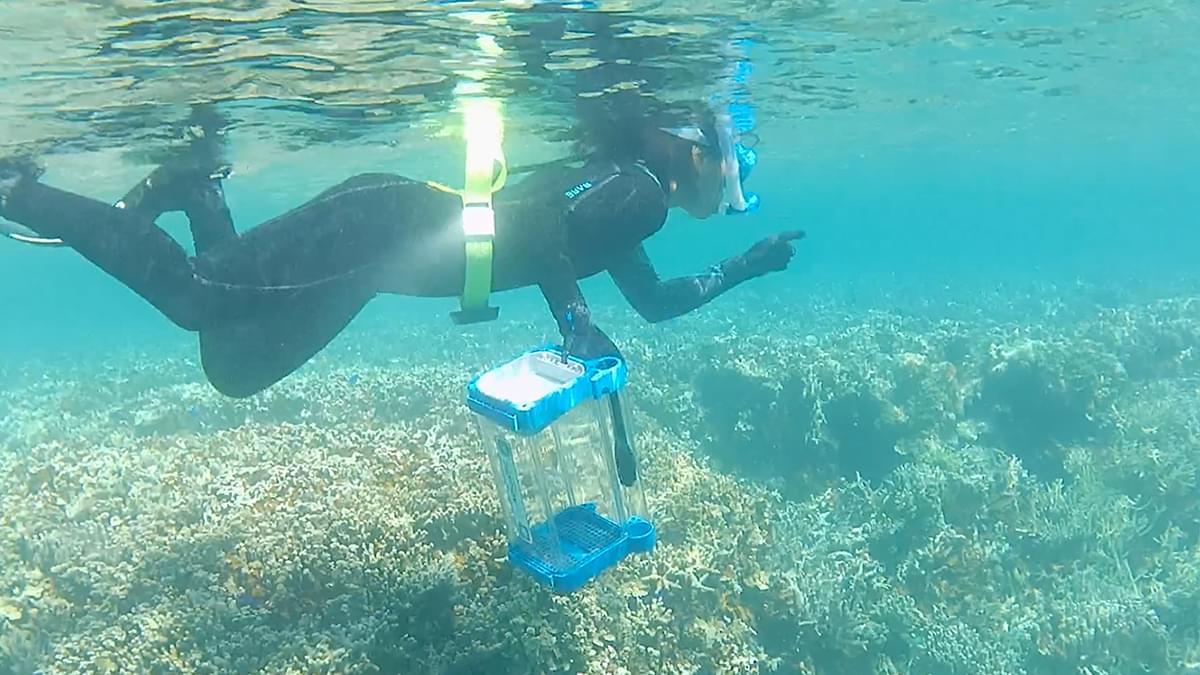Scientists are finding clues for how to treat diabetes and hormone disorders in an unexpected place: a toxin from one of the most venomous animals on the planet.
An international research team led by University of Utah scientists has identified a component within the venom of a predatory marine cone snail, the geography cone, that mimics a human hormone called somatostatin, which regulates the levels of blood sugar and various hormones in the body. The hormone-like toxin’s specific, long-lasting effects, which help the snail hunt its prey, could also help scientists design better drugs for people with diabetes or hormone disorders, conditions that can be serious and sometimes fatal.
New research explores how one venom mimics a human hormone that regulates blood sugar, which could lead to better treatment for diabetes.
